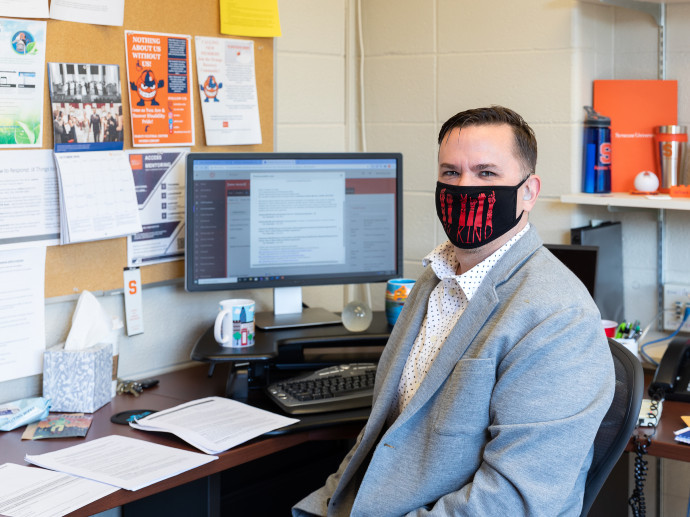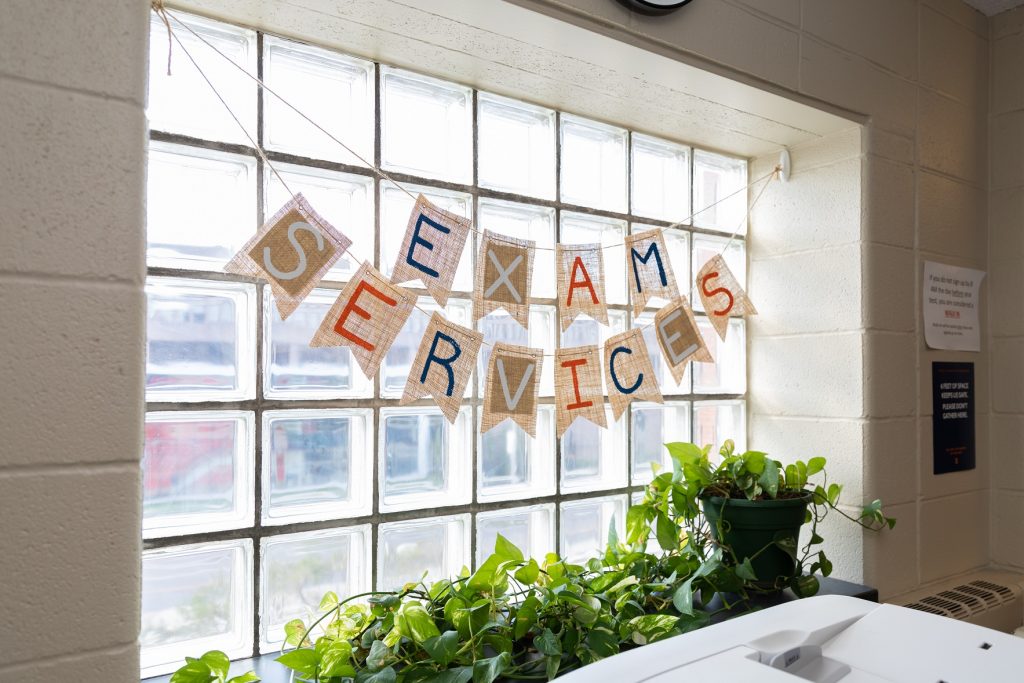Delaware Nonprofit Leader Begins 2-Year Term as Alumni Association President
Alonna Berry ’11, executive director of the Delaware Center for Justice and a graduate of the College of Arts and Sciences, is the new president of the Syracuse University Alumni Association (SUAA) Board of Directors, as of July 1, 2025….



